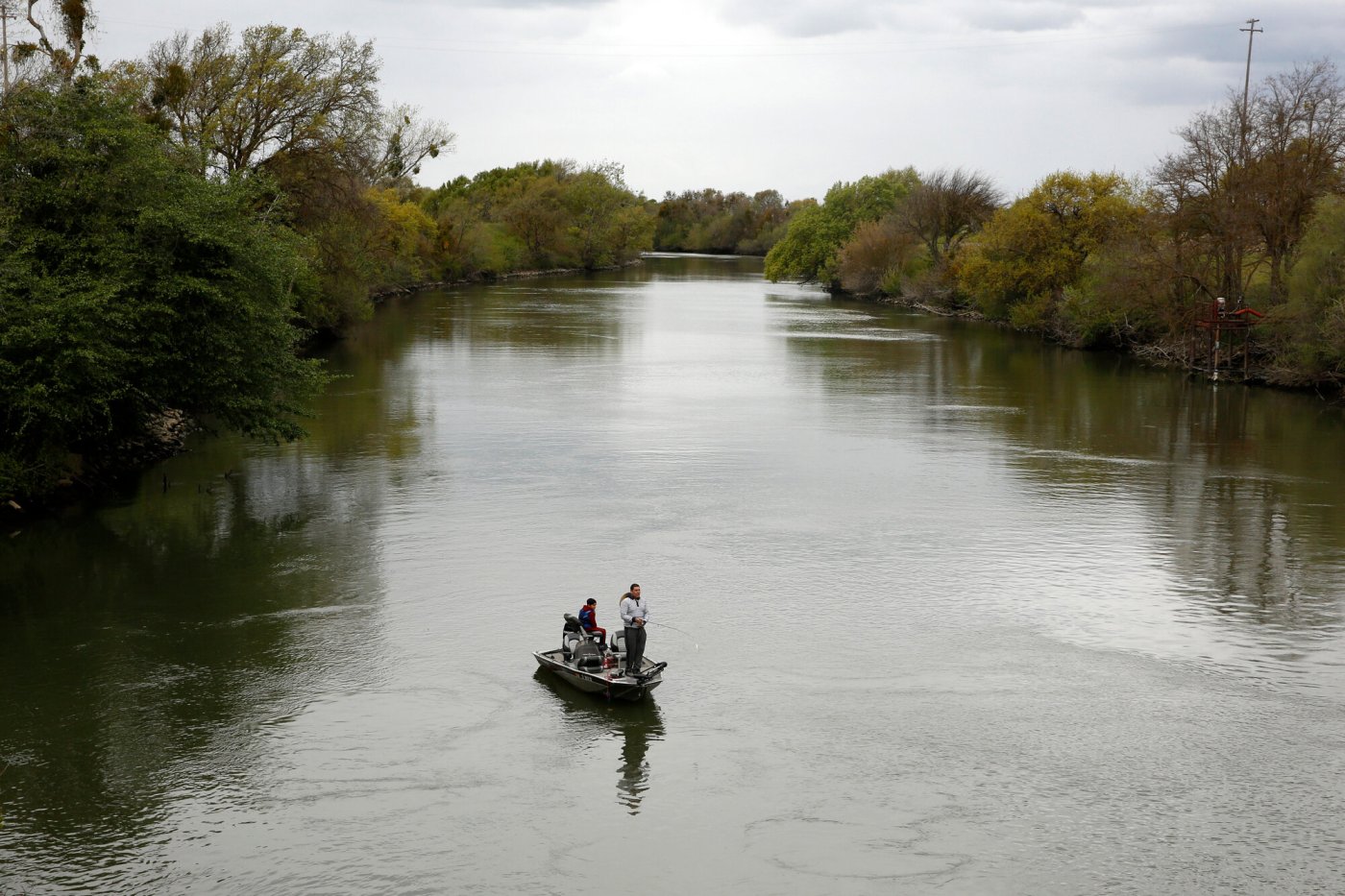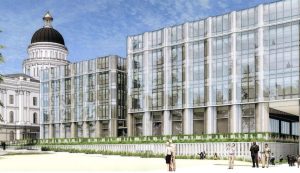The Sacramento-San Joaquin River Delta is more than just a water source. It is a vibrant, living estuary — the largest on the West Coast of the Americas — with over 1,100 miles of waterways that support diverse wildlife, including declining salmon runs that have led to fishery closures two years in a row. Saving the estuary is of national importance.
Yet state officials continue to push forward with a plan to build a 36-foot-diameter, 45-mile tunnel through the Delta that would pump as much as 7,500 cubic feet of water per second from the Sacramento River — enough to cover 11,000 football fields with a foot of water daily.
The State Water Resources Control Board is fast-tracking public hearings for the so-called Delta Conveyance Project, limiting meaningful and fair public participation.
This Delta tunnel risks devastating the West Coast’s largest estuary, harming salmon fisheries, causing fish extinctions, degrading water quality and damaging cultural sites vital to tribal communities. But supporters of the tunnel downplay these threats, pushing misleading economic benefits and questionable claims about water security.
The Delta sustains thousands of jobs in agriculture and fishing, industries integral to California’s economy and essential to supporting tribal and marginalized communities in the region. The construction and operation of the tunnel would jeopardize all of this, reducing water flows, increasing toxic algal blooms and raising salinity levels that could irreparably harm the Delta’s delicate balance. The Delta needs increased water flows — not a new tunnel to divert even more — and improved water quality standards that have not been updated since the 1990s.
The tunnel would also harm the cultural sites of Tribal Nations. These lands hold profound historical and spiritual significance, yet the tunnel plan disregards sacred places for a costly and destructive infrastructure project. Proceeding with this project would dismiss the rights and voices of indigenous peoples and Delta communities of color, further perpetuating a history of marginalization and disrespect. It is a far reach for state agencies to claim, as they have, that the tunnel is an environmental justice project. In fact, the federal Environmental Protection Agency is considering a civil rights complaint by tribal and environmental justice groups against the state for its failure to protect the Delta.
Moreover, the economic benefits of the tunnel are a mirage. A report by Dr. Jeffrey Michael, director of public policy programs at the University of the Pacific, reveals the Department of Water Resources’ benefit-cost analysis is riddled with questionable assumptions and overvalued benefits. It assumes unrealistic urban water demand growth and downplays the environmental costs, including the impacts on salmon and other fish species.
The report also highlights the financial risks of the project. At an estimated cost of $20.1 billion, the tunnel is a massive commitment when many water agencies face significant budget constraints. Additionally, agricultural interests who would benefit have refused to contribute to the project, leaving urban water agencies and ratepayers to foot the bill.
Climate change, which has been used to justify the tunnel, makes it a riskier gamble. The tunnel is designed to divert water during storm events, but climate change makes California’s weather patterns increasingly unpredictable. There is no guarantee that water will be available when needed, and relying on a single, massive infrastructure project could leave us more vulnerable, not less.
Related Articles
Opinion: Delta tunnel project will protect California’s vital water supply
When is the multibillion-dollar Sites Reservoir project not worth it?
Walters: Decadeslong Delta tunnel water project may finally be nearing a historic decision
More effective, climate-resilient solutions such as water recycling, conservation and stormwater capture are the key to a water system resistant to the impacts of climate change. These are the projects that Santa Clara Valley, Alameda County and Southern California should be funding instead of the tunnel — local solutions that generate local jobs.
The Delta Tunnel is not the answer to California’s water challenges, and we should not invest billions in a project that would exacerbate problems for communities that would be negatively impacted. Instead, we must prioritize sustainable, science-based solutions that protect the Delta and ensure a resilient water future for all Californians.
Malissa Tayaba is vice chair of the Shingle Springs Band of Miwok Indians. Barbara Barrigan-Parrilla is executive director of Restore the Delta. Scott Artis is executive director of the Golden State Salmon Association.












